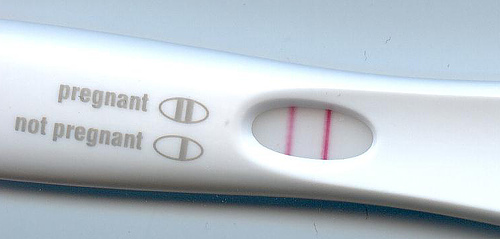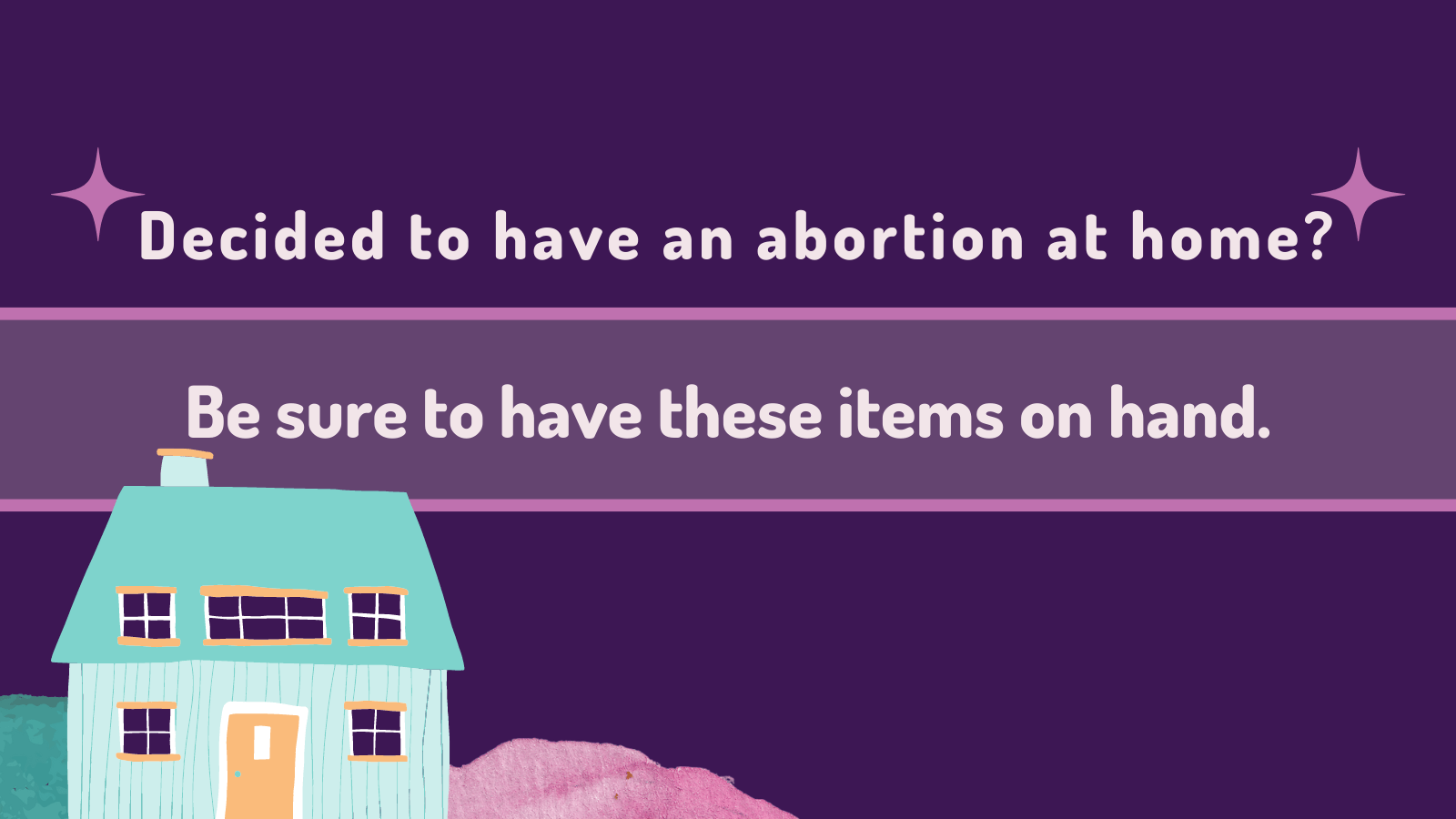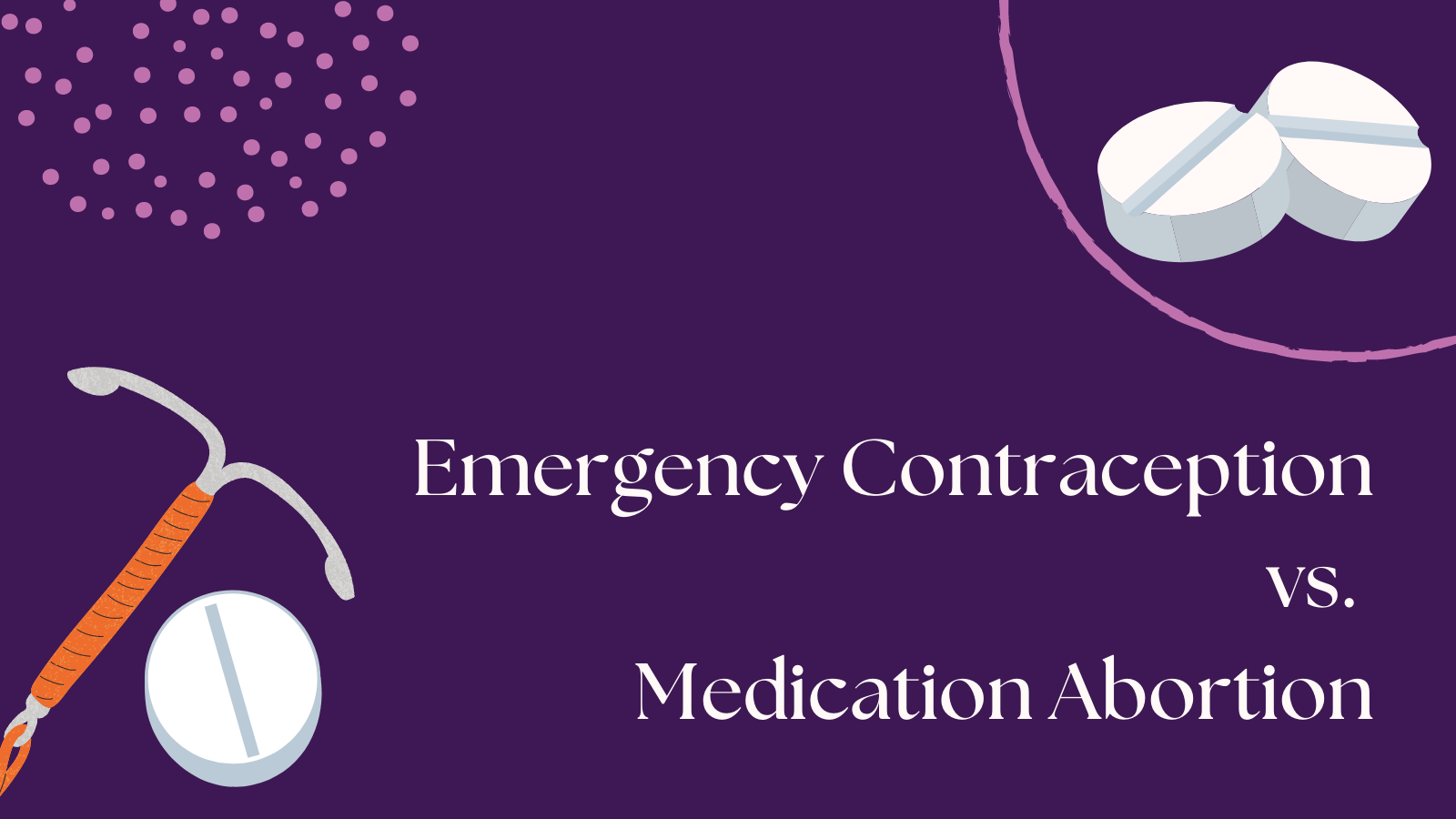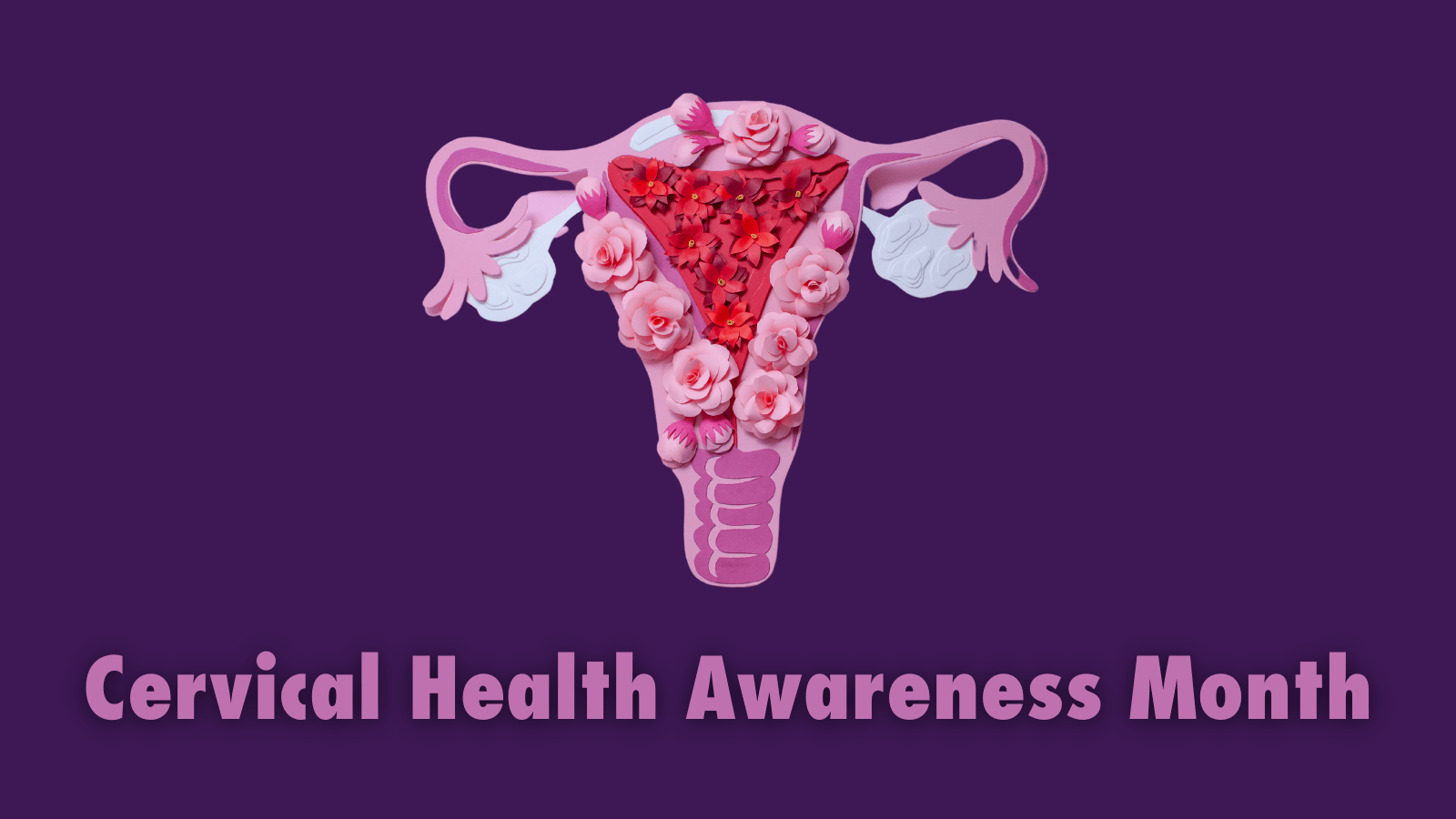
Determining if you are pregnant can be a stressful experience. What type of pregnancy test is the best? Can you trust the results? How does the test determine if you are pregnant?
At Whole Woman’s Health, we offer free pregnancy testing to help you answer some of these questions. There are urine tests and blood tests, which can be completed 4-5 days after conception.
Both urine and blood pregnancy tests are looking for Human Chorionic Gonadotropin (hCG), which appears in the body immediately after a fertilized egg attaches to the uterine wall.
Urine Tests
Urine tests can be completed at home or in a doctor’s office. It is common to take an at-home pregnancy test after a missed period, and before consulting a physician.
Many women worry about the accuracy of at-home urine tests, however they are 99 percent accurate (blood tests are even more accurate).
When taking an at-home test, wait at least one week after a missed period to take it for the most-accurate results. Be sure to follow the instructions included with the test, and take it in the morning, when urine is most-concentrated.
If the pregnancy test shows “positive”, you are pregnant. If you have questions about the test or the results, contact a trusted physician, or feel free to contact our Empower Line at 877-835-1090.
Blood Tests
Blood tests are completed in a doctor’s office, and may be able to detect a pregnancy sooner than a urine test. However, getting the results of the test may take longer than those from a urine test.
There are two types of blood tests to determine a pregnancy: a qualitative hCG test or a quantitative hCG test.
A qualitative hCG test looks to see if hCG is present. It gives a simple yes or no on whether hCG is in the blood. A quantitative hCG test (sometimes called a beta hCG) measures the exact amount of hCG in your blood. It can find even very low levels of hCG.
Because these pregnancy tests can measure the amount of hCG, they may be helpful in tracking problems during pregnancy. They may also (in combination with other tests) be used to rule out a tubal (ectopic) pregnancy or to monitor a woman after a miscarriage when hCG levels fall rapidly.
False-Positive Result
It’s rare, but there are times a pregnancy test will show “positive” as pregnant, when there is no pregnancy. This can be caused by a “chemical pregnancy”, which is a very early misscarriage; medications that put hCG into the body; or an expired pregnancy test.
If you think you are pregnant, need a pregnancy test, or have additional questions, please call our Empower Line at 877-835-1090.



